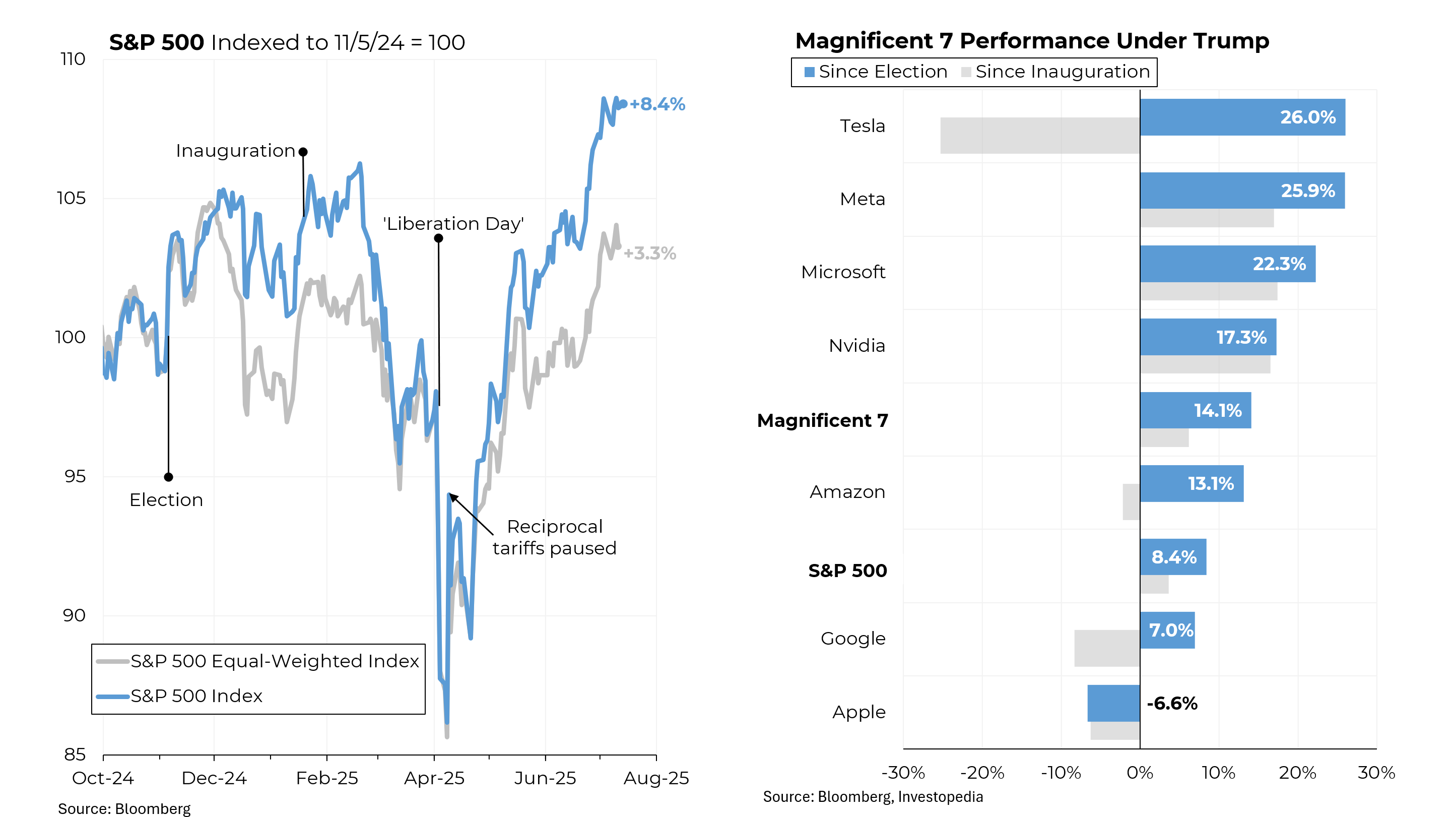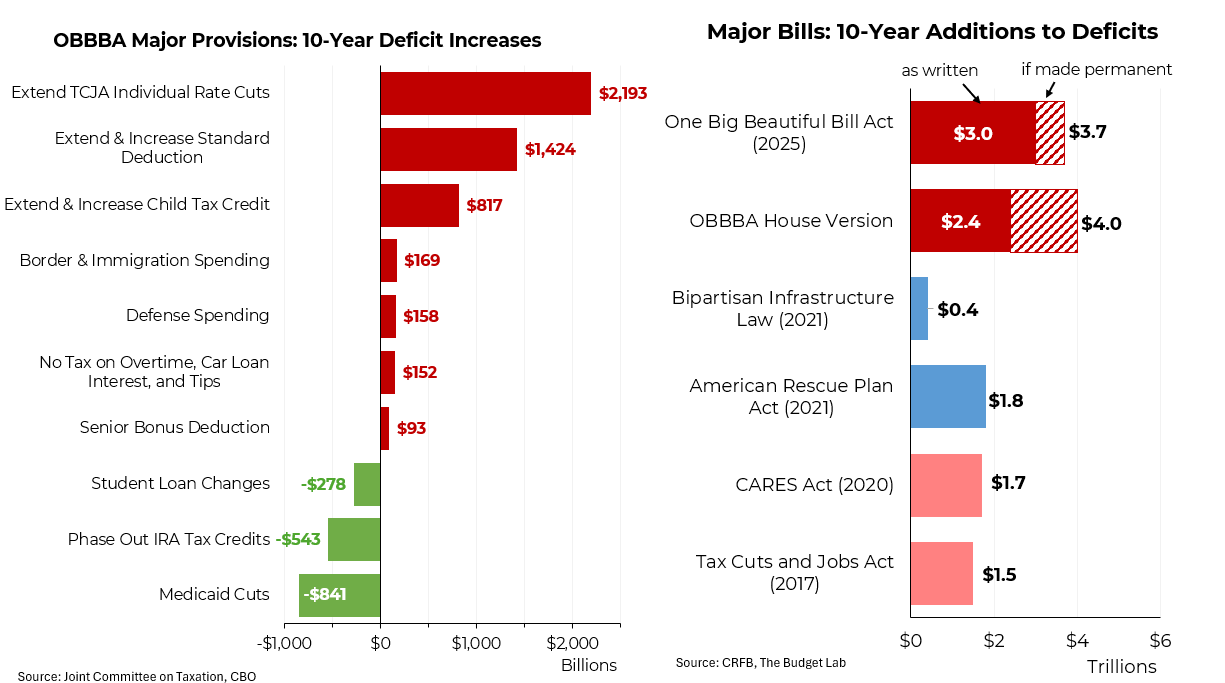Mitt Romney insists that he didn’t want General Motors and Chrysler to liquidate, and I believe him, even though the policy he advocated would have led to exactly that. The Wall Street Journal, however, unabashedly said it wouldn’t be bothered if that was the result. “Americans could still buy Toyotas, Nissans and other cars,” the Journal editorialized Saturday.
Classic economic theory would support the Journal’s position. The loss of GM and Chrysler would not, at first glance, change the number of cars that Americans bought.
But that theory collapses at several places. First, if GM and Chrysler had been forced to liquidate, their entire supply base would have also shut down and liquidated. That would have forced Ford to close, at least temporarily, because it couldn’t have gotten the necessary parts. And even the foreign automakers assembling in the South would have had severe supply problems.
Second, there’s no way the the automakers in the South could have filled the demand created by the loss of the Detroit 3, particularly with the supplier problem. That means that a large percentage of the added car sales would have been imports.
Third, in the real world, the more than a million people who lost their jobs when GM, Chrysler and all the suppliers and service providers closed would not somehow magically all get jobs working for Nissan and Toyota. The adjustment process would be indefinitely long and unbearably painful in human terms.
As both Presidents Bush and Obama recognized, when markets fail, governments have a role to play and a responsibility to play it.





